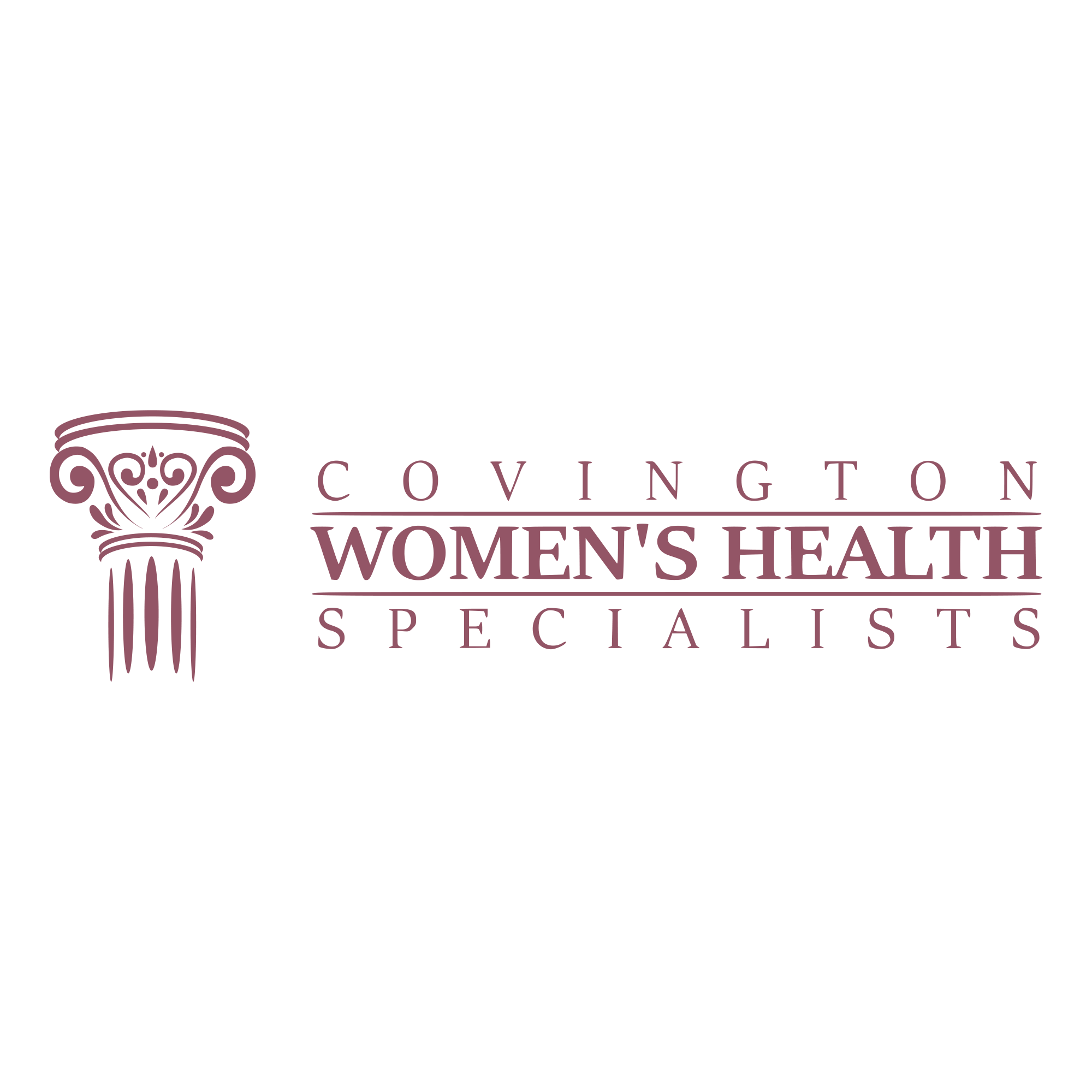Menstruation 101
About half of the women population is currently in their reproductive age, which means about 26 percent of the world is currently experiencing their menstrual cycle. A pivotal part of that cycle is the period, which is also called menstruation.
While the topic menstruation covers a large amount of information, we’re covering the basic medical facts you might need to know below.
What is the Technical Definition of Menstruation?
Menstruation is defined as the process of when blood and other materials from the lining of the uterus are discharged out of the vagina due to changes in hormones. When this process starts in young ladies, typically around 12 years old, this means that their bodies are preparing themselves to become pregnant. In fact, if it weren’t for menstruation, we wouldn’t be able to reproduce.
Menstruation happens during the menstrual cycle. When this cycle begins, the lining of the uterus becomes thicker. During this time, eggs are released from the ovary, kickstarting the ovulation process. Two weeks after this, the lining of the uterus falls away, along with bleeding. Then, the process starts all over again.
However, every woman is different and it’s more common to see a variety in the above-described menstruation cycle, depending on which woman you ask.
What are the Symptoms of Menstruation?
Aside from having blood or discharge coming out of the vagina, here are other common symptoms of the menstruation cycle:
- Cramping.
- Bloating.
- Abdomen swelling.
- Pain in the lower abdomen.
- Exhaustion.
- Acne.
- Constipation.
- Diarrhea.
- Mood swings.
Answers to Common Questions About Menstruation
Here are some of the most common menstruation questions answered for you:
- When do women start their menstrual cycle? Anywhere between ages eight to 15.
- When does menstruation stop? When menopause begins, which is the process of a woman’s body stopping ovulating and periods. This means that they can no longer get pregnant, stopping the cycle in its tracks.
- Do men experience menstruation? Biologically, no.
- How long does the menstrual cycle last? Day one begins when bleeding starts. Day 14 is about when the ovulation process kicks off, which usually stops around day 25 if the woman is not pregnant. Then, the cycle begins again with a new period, most typically around day 28.
- Can a woman still experience her period even if she is pregnant? No. Vaginal bleeding during pregnancy should be monitored by an obstetrician.
- If someone is experiencing extremely painful menstruation cycles, what can do they do? Visit their doctor. Their trusted medical professional will be able to kickstart a treatment plan for them, involving options such as birth control and over the counter pain medications.
- Are there risks of having a menstruation cycle? Yes. Using tampons and pads incorrectly can lead to something called Toxic Shock Syndrome (TSS), a rare disease that happens when a pad or tampon is not changed frequently enough. This causes the spread of bacteria throughout the body, which can be deadly. That’s why it’s vital to change the pad or tampon once it becomes soaked with blood or around every four to eight hours.
If you have any further questions or would like to visit with any of our expert gynecologists regarding your cycle, click here to reach out or give us a call at 770-385-8954.





